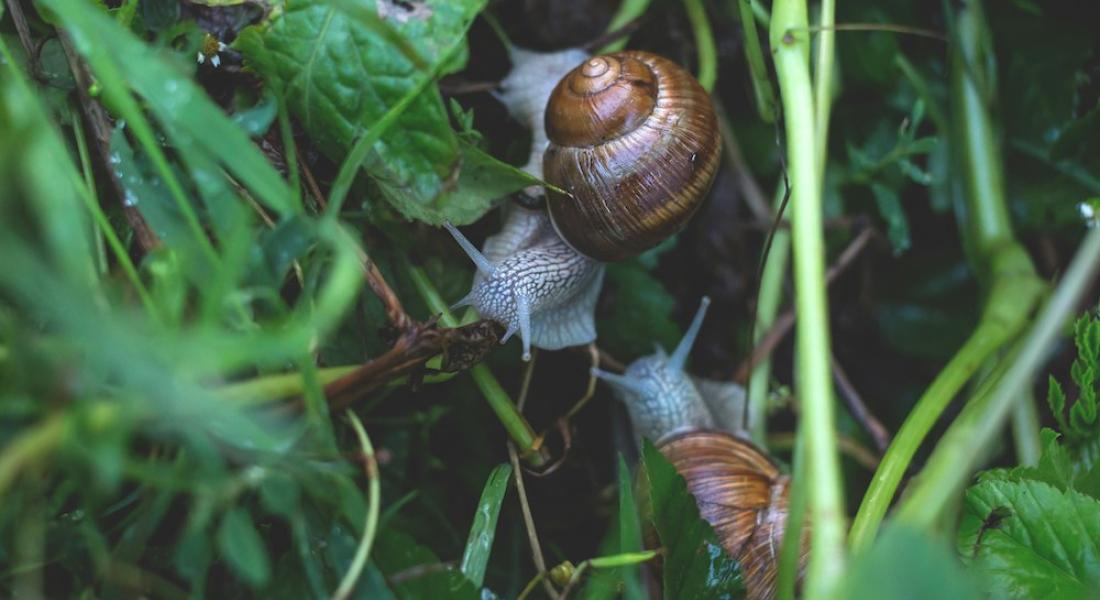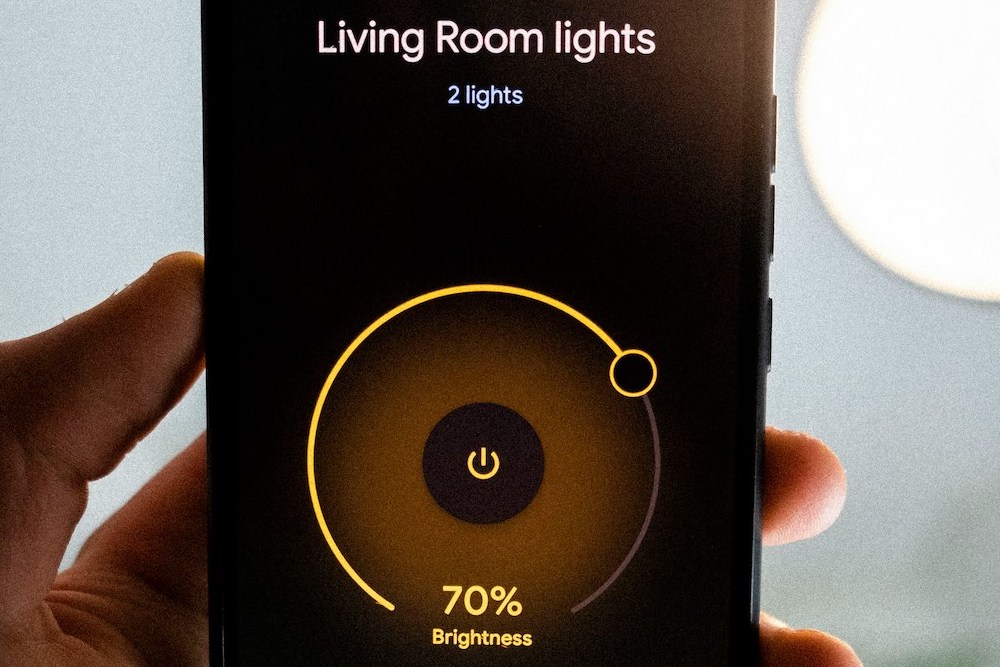Gardening is a fulfilling hobby that brings you closer to nature. However, slugs can sometimes turn this peaceful pursuit into a battle. These nocturnal pests munch on your plants, causing significant damage. The good news is that there are several humane ways to keep slugs out of your garden without harming them. Here are some effective strategies to maintain a slug-free garden while respecting all forms of life.
1. Create Barriers and Deterrents
Copper Tape or Wire: Slugs dislike crossing copper due to a reaction between their slime and the metal, which gives them a mild electric shock. Placing copper tape around the rims of pots or creating a copper wire barrier can keep them at bay.
Crushed Eggshells: Sprinkling crushed eggshells around your plants creates a rough surface that slugs avoid. Not only does this deter slugs, but it also adds calcium to your soil as the eggshells decompose.
Diatomaceous Earth: This powder, made from fossilized algae, is abrasive to slugs. Sprinkling a thin layer around your plants creates a barrier they won’t want to cross. Remember to reapply after rain.
2. Use Plants as Natural Repellents
Slug-Repelling Plants: Certain plants naturally repel slugs. Consider planting rosemary, lavender, fennel, or garlic in your garden. These plants have scents that slugs find unpleasant.
Sacrificial Plants: Planting slug-favored plants like lettuce or marigolds away from your main garden can lure slugs away from your prized plants. This tactic keeps them occupied and away from the rest of your garden.
3. Maintain a Slug-Unfriendly Environment
Remove Hiding Spots: Slugs love dark, damp places. By keeping your garden tidy and removing potential hiding spots like stones, logs, and dense ground cover, you can make your garden less appealing to them.
Water Wisely: Water your garden in the morning so the soil dries out by evening when slugs are most active. Wet soil at night is a slug magnet.
4. Encourage Natural Predators
Birds and Frogs: Attract birds by setting up bird feeders, birdbaths, and nesting boxes. Creating a pond or a damp area can attract frogs and toads, which are natural predators of slugs.
Hedgehogs and Beetles: Encouraging hedgehogs and ground beetles in your garden can help control the slug population. Piles of leaves or a small hedgehog house can provide shelter for these helpful creatures.
5. Hand-Picking
While it may not be the most pleasant task, hand-picking slugs in the early morning or late evening can significantly reduce their numbers. Once collected, relocate them far away from your garden, ideally in a wooded area where they can continue their role in the ecosystem.
6. Beer Traps
Although it involves trapping slugs, beer traps are a non-lethal method if you regularly check and empty them. Slugs are attracted to the yeast in beer. Place shallow dishes filled with beer in the garden. Slugs will be drawn to the beer, and you can then relocate them.
Keeping slugs out of your garden without killing them requires a combination of strategies. By creating physical barriers, using natural repellents, maintaining a clean garden, encouraging predators, and occasionally relocating slugs, you can protect your plants while coexisting peacefully with these creatures. Gardening harmoniously with nature not only preserves biodiversity but also makes your gardening experience more enriching and rewarding. Happy gardening!



